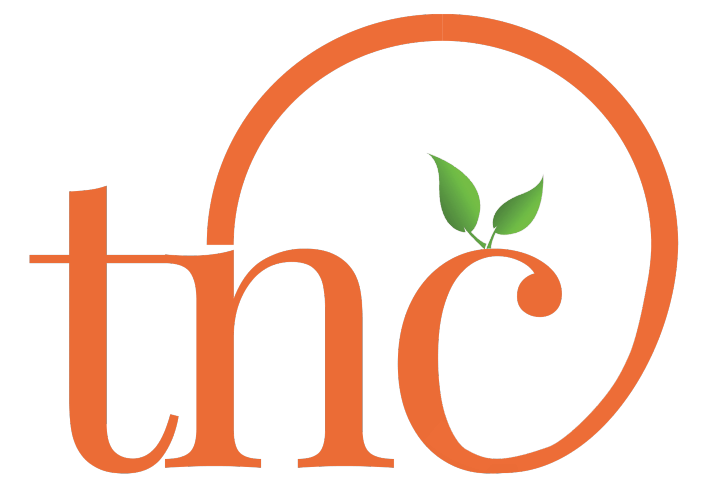
16
Jul 2023How to Use Blogging to Grow Your Nutrition Business
So, you have finally set up your own nutrition business and are ready to optimise it for an influx of clients. But does your nutrition business have an online presence on the internet? Blogging can be a powerful tool to amplify your voice and connect with your target audience. In this guide, we’ll explore the benefits of blogging, how to overcome challenges, and the strategies to make your nutrition blog a success.
Blogging is a gateway to build authority in your field. By consistently providing valuable content, you establish yourself as a trustworthy source of information. This authority not only attracts potential clients but also opens doors for collaboration opportunities with other professionals and influencers.

Understanding the Purpose of Your Blog
Identifying your target audience and niche is crucial to create content that resonates with your ideal readers. Are you focusing on athletes looking to optimize their performance, busy parents seeking healthy meal ideas, or individuals with specific health conditions? Tailoring your content to your audience's interests will help you build a dedicated readership.
Clearly defining your objectives will guide your blogging efforts. Are you looking to educate your audience, promote your services, or increase lead generation? Having specific goals will shape your content and marketing strategies. You should also research popular nutrition topics and industry trends to inspire your content ideas.

Time Management and Planning
Firstly, establish a content calendar that aligns with your schedule and business goals. Consistency is key to maintain reader engagement, so plan ahead to ensure a steady flow of content. You can also consider ideas such as creating themed content series giving your readers a sense of participation.
Divide the blogging process into smaller tasks, such as research, outlining, writing, and editing. This approach will make blogging more manageable and prevent overwhelm. Explore productivity tools, such as Grammarly and ProWritingAid to streamline your blogging process and boost efficiency.
Subsequently, be flexible with your content calender. As a busy nutrition business owner, unexpected trends or events may arise, and it’s essential to adapt your content strategy accordingly. Stay open to new ideas and be ready to pivot if necessary.

Crafting Engaging and Valuable Content
The first thing your reader will look at is your headline. Make sure your blog headlines are attention-grabbing and intriguing to entice readers to click your posts. Use powerful words, numbers, and promises of valuable insights to draw them in.
You would have already come across such headlines.
‘10 ways to boost your metabolism and burn more calories naturally.’
‘10 ways to pack a nutritious and delicious lunch for work or school.’
‘10 ways to build lean muscle and achieve your fitness goals with nutrition.’
Share personal anecdotes or success stories from your clients to make your content relatable and memorable. Storytelling creates an emotional connection with your audience and enhances the impact of your message.
Deliver practical and evidence-based nutrition insights that your audience can apply to their daily lives. Enhance the visual appeal of your blog with images, infographics, and videos. Visual content breaks up text and increases engagement, making your blog posts more appealing to readers.

SEO (Search Engine Optimization) for Nutrition Blogs
Your blogs will be as good as your SEO rank. SEO plays a crucial role in improving your blog's visibility on search engines. Learn about keyword research, backlinks, and on-page optimization to boost your blog's search rankings.
Identify relevant keywords related to nutrition topics to target in your blog posts. Use keyword research tools such as Semrush and Ahrefs to discover popular search terms with moderate competition. Then incorporate those keywords in your blog titles, headings and content to improve your blog's chances of ranking higher on SERP’s.

Leveraging Social Media and Email Marketing
Share your blog posts on various social media platforms to reach a broader audience. Engage with your followers by responding to comments and encourage discussions. You can also build an email list and send newsletters to your subscribers with blog updates, exclusive content, and offers. Email marketing helps nurture leads and maintain a strong connection with your audience.

Guest Blogging and Collaborations
Guest posting on reputable platforms can expose you to new audiences. Reach out to other nutrition-related websites or blogs to explore guest blogging opportunities. Partnering with industry experts can expand your reach and credibility. While you can collaborate with them on joint webinars, interviews or co-created content.
Though, also make sure you adhere to the host site's guidelines and respect their audience. Provide high-quality content that offers value while avoiding overly promotional language.

Analytics and Measuring Success
Integrate website analytics tools, such as Google Analytics, to track your blog's performance and user behavior. This data is essential for making informed decisions. Monitor key metrics like page views, bounce rates, time on page, and conversion rates to help you identify your successful posts and areas for improvement.
With the insights gained from analytics tools, you'll learn how to refine your content strategy and tailor your blog to meet your readers' preferences and needs.

Conclusion
A well-maintained blog can increase your brand awareness, drive traffic to your website, generate leads, and convert prospects into loyal clients. Additionally, a blog offers an avenue to engage with your audience, fostering meaningful connections and a sense of community around your nutrition business.
Congratulations! You've completed our guide to blogging as a busy nutrition business owner. Remember, blogging is a powerful tool that can elevate your business and connect you with a thriving community of readers. Embrace the journey, share your expertise with the world, and watch your nutrition business flourish like never before!
By adopting these strategies and dedicating yourself to producing valuable content, you'll become a trusted voice in the nutrition industry, ultimately fueling the growth of your business. Happy blogging!




